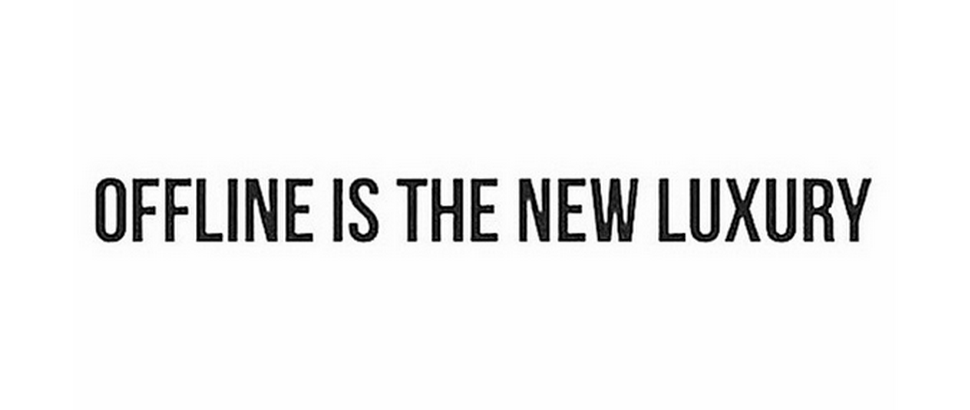Why you’re actually ruining your career reputation
Work Stress! What is it?
According to the professionals Workplace stress is the response people may experience when presented with work demands and pressures that are not matched to their knowledge and abilities and which challenge their ability to cope. It has been described as an emotional experience associated with nervousness, tension and strain, brought about by factors related to work.
Yep. Great. So what?
You don’t actually mean ‘so what’. Deep down you mean ‘so what does this have to do with me?’
A lot actually. We’re not saying that you shouldn’t feel stressed. That would be like telling you not to breathe. Everyone feels stress and everyone becomes stressed – that is the simple reality of life today. And a little bit of stress is actually a good thing. However understanding the effect it has on you, your health and your work performance will hopefully help you to see that it has everything to do with you and that you can decide to make a choice for yourself.
Workplace stress has been linked to a wide range of mental and physical health conditions including – but unfortunately not limited to – nervousness, tensions, anxiety and depression… that’s just the mental manifestation! The physical side effects of stress include cardiovascular disease, musculoskeletal disorders and gastrointestinal disorders.
But again, you’ve heard this all before so why are we talking about this again? Because to quote one of our favourite people –

Did you know that stress leads to low mental function?
- Reduction in memory?
- Lower performance at work?
- Lethargy?
- Lack of communication skills?
Put simply – what does this mean to you: the more stressed you are – and the less you look after yourself – the worse you will preform at work.
Ask any high performer and while they will favour less amounts of sleep and ‘unique’ routines, the true (and longevity focused performers) will talk about exercise, meditation, quality food intake, saying ‘No’, switching off, ‘me-time’ and having a social life (even if it is with only one other person!).
Happy to say, that the time of work hard, stay late and break yourself is (ever so slowly) being replaced by mindful managers and leaders who value employee health* over that of a broken and unhappy person.
We understand that it is not the easiest change to make, however putting yourself first, even if for one hour a day, has proven to reduce your stress levels, increase your performance and elevate you to a higher level within the workplace.
So next time you’re thinking that ‘I am so busy’ is a badge of honor, take a moment to reassess what those words mean, how they are effecting your stress levels and maybe take that walk you’ve been looking forward to and actually need.
Get social with us on Facebook, Twitter, Instagram and Pinterest
* The additional figures of workplace stress: in addition to the above graph the hidden cost of re-staffing and re-skilling, when stress results in staff turnover. As an employee’s stress levels increase, their health may not deteriorate to a clinical state, but they may instead resign before that point. In these cases, employers may not incur the direct costs associated with stress injury or illness, but may instead incur indirect costs from increased staffing expenses and lost productivity while there is no one in the job.







